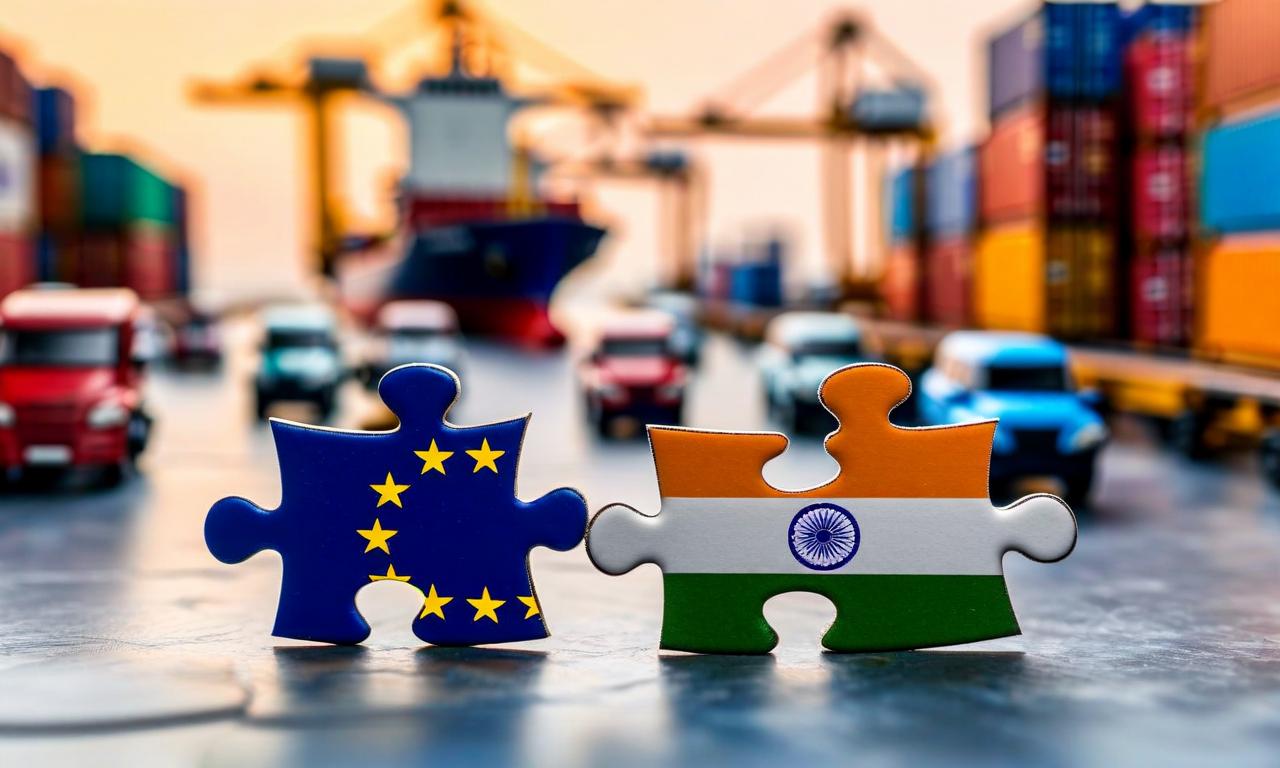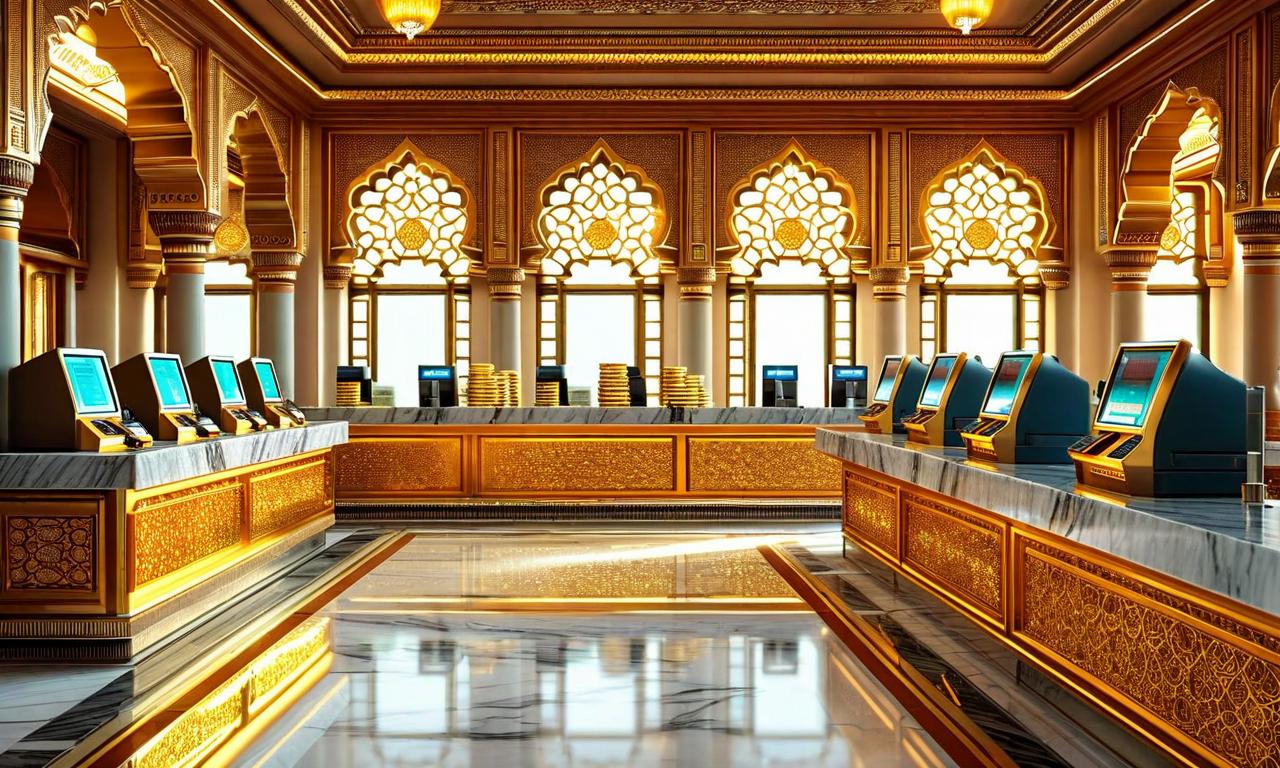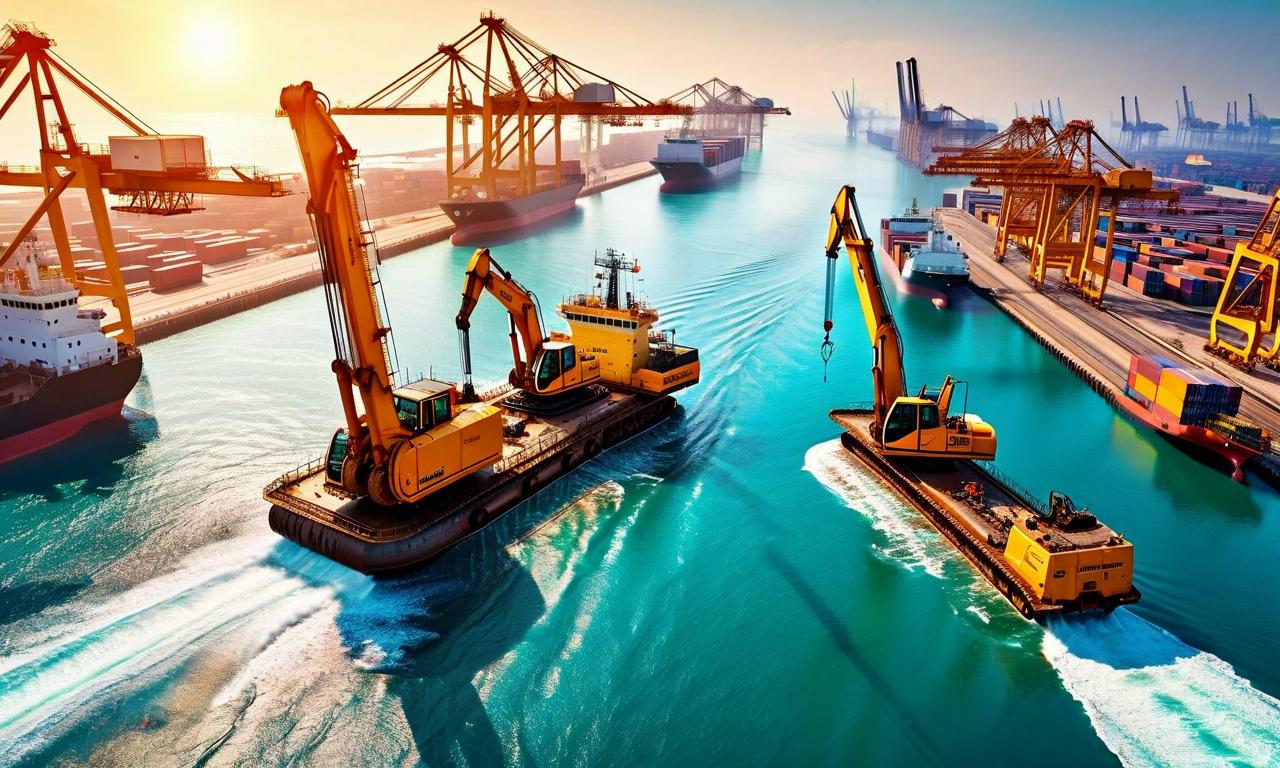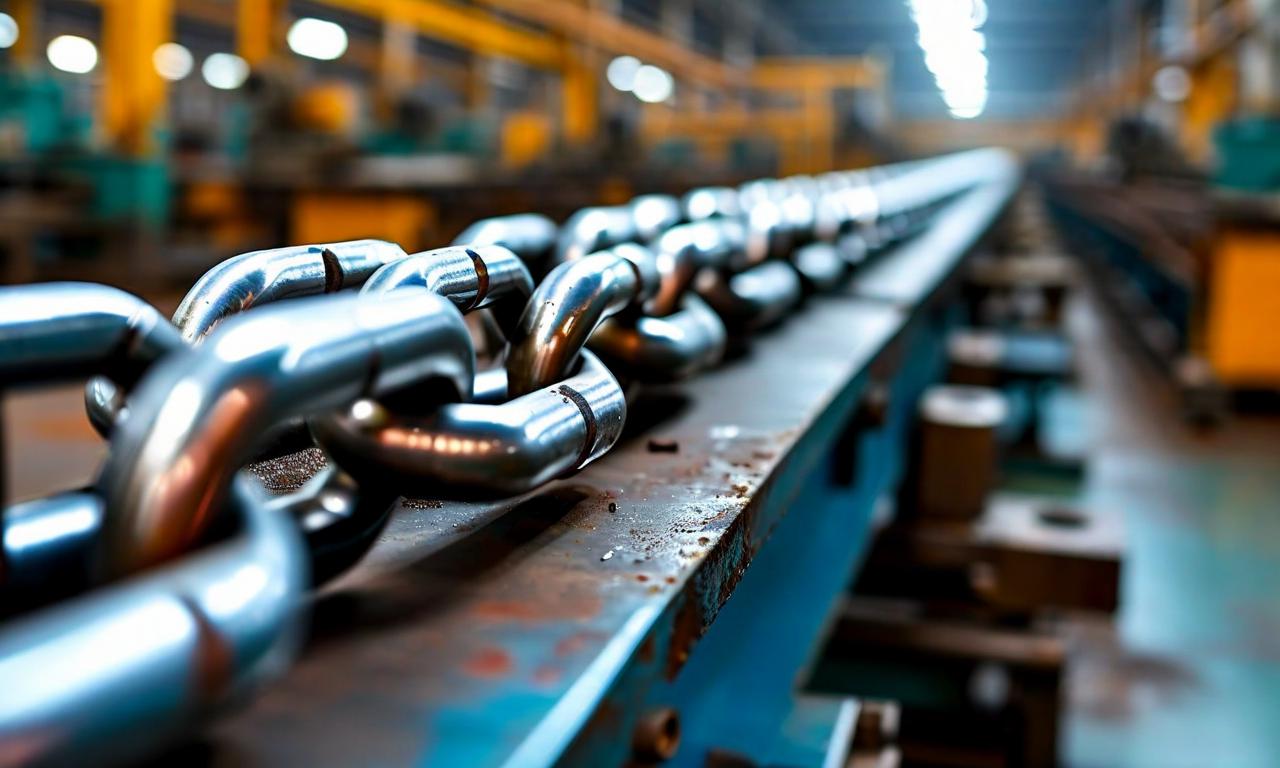India-EU Free Trade Agreement Talks Advance, Year-End Conclusion in Sight
Commerce Minister Piyush Goyal and EU Trade Commissioner Maroš Šefčovič held productive talks in Brussels, advancing India-EU Free Trade Agreement negotiations. Key developments include reduced outstanding issues, guidance on industrial tariffs, and scheduled follow-up meetings. A high-level EU delegation will visit New Delhi for technical discussions on tariff schedules and market access. Both parties aim to conclude the agreement by year-end, potentially reshaping trade relations between India and the EU.
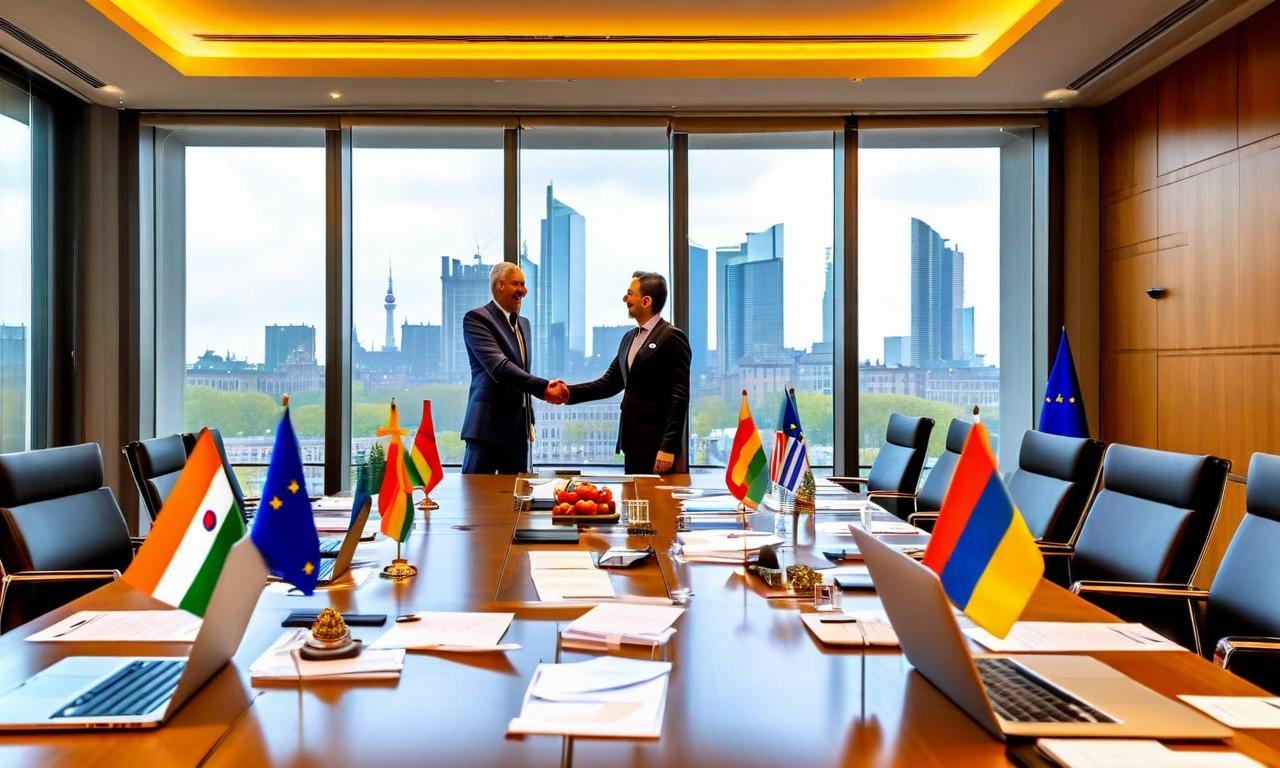
*this image is generated using AI for illustrative purposes only.
Progress in India-EU FTA Negotiations
Commerce and Industry Minister Piyush Goyal has concluded a round of intense but productive negotiations with European Commissioner for Trade Maroš Šefčovič in Brussels, marking significant progress in the India-EU Free Trade Agreement (FTA) talks. The discussions have entered their final phase, with both parties aiming to conclude the agreement by the end of the year.
Key Developments
- Reduced Outstanding Issues: India and the EU have successfully narrowed down the number of unresolved matters.
- Follow-up Meeting: A subsequent meeting is scheduled within the next two to three weeks to further advance the negotiations.
- Industrial Tariffs: Concrete guidance has been provided on industrial tariffs, indicating progress in this crucial area.
- Upcoming Technical Negotiations: A high-level EU delegation is set to visit New Delhi next week for technical-level discussions on tariff schedules and market access.
Historical Context
The FTA negotiations between India and the European Union have a long history:
| Aspect | Details |
|---|---|
| Duration | Spanning over two decades |
| Rounds of Negotiations | More than 15 |
| Current Status | Final phase |
| Target Completion | Year-end |
Implications
The advancement in these talks signifies a potential shift in trade relations between India and the European Union. A successful conclusion of the FTA could open up new avenues for economic cooperation, potentially benefiting various sectors in both regions.
As negotiations progress, stakeholders from both sides will be keenly watching the developments, particularly regarding market access and tariff schedules. The upcoming technical-level negotiations in New Delhi will be crucial in ironing out the remaining details and moving closer to the year-end target for concluding the agreement.
The successful completion of this FTA could mark a significant milestone in India's trade policy and its economic engagement with the European Union, one of the world's largest trading blocs.
